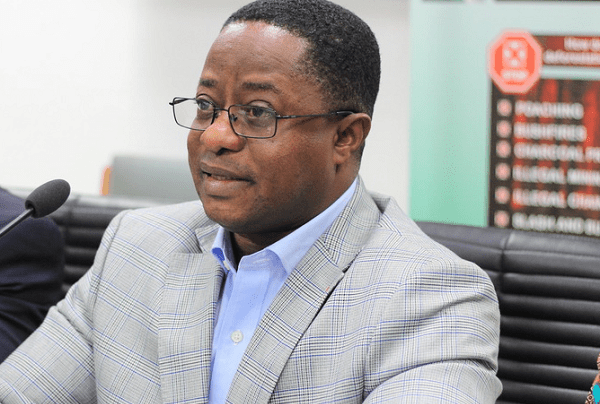Parliament has passed the Petroleum Hub Development Corporation Bill, 2020.
The Bills seeks to establish the Petroleum Hub Development Corporation to promote and develop a petroleum and petrochemicals hub in the country.
The project is part of the strategic development initiatives of the government to promote socio-economic growth and is targeted at strategically positioning Ghana as a hub for the petroleum downstream industry in the West African sub-region and the world at large.
It will be designated as a free zone area to be situated within the Bonyere Traditional Area in the Jomoro District in the Western Region.
Memorandum
A memorandum accompanying the Bills said the petroleum and petrochemicals hub would be engaged in the supply of petroleum and petrochemical products to satisfy the demands of the domestic market and the West African sub-regional market.
“This project will see to an increase in the presence of major international oil trading and storage companies, while encouraging public-private partnerships and joint ventures between local companies and international companies.
“This will invariably result in knowledge transfer and wealth creation. The project involves the establishment of major infrastructure for refining and processing petrochemicals in addition to the discharge, storage, distribution, transportation and trading of petroleum products,” it said.
The memorandum, signed by the Minister of Energy, Mr John-Peter Amewu, said the factors which had fuelled the initiative were the central location of the country in the West-African sub-region, political and macroeconomic stability, access to the West African sub-regional market and proximity to international shipping routes.
Infrastructure
In achieving this goal, it said there was the need for the development of infrastructure such as refineries, port terminal facilities, storage facilities as well as petrochemical and liquefied natural gas terminals with a network of pipelines.
“This project requires a total land size of about 20,000 acres to be provided with the relevant amenities including a railway, road and air transportation network.
“Other key infrastructure requirements include the construction of jetties, storage tanks, refineries, a liquefied natural gas facility, a hub transmission infrastructure, power plants, petrochemical plants and, a lube bending plant together with transmission and storage infrastructure for land-locked countries,” it said.
The project, it added, would further require the construction of infrastructure to provide support services for offshore activities including nautical services, repair and maintenance facilities, exploration and rig equipment servicing as well as off-dock yard and dry-dock facilities for the repair of vessels, engineering and decommissioning.
Furthermore, it said ancillary infrastructure requirements for the development of the hub included a water treatment facility, waste management centre, a laboratory and a light to medium industrial area.
“This is in addition to the provision of social amenities including health and educational facilities, a security and emergency response facility, residential and commercial facilities, among others.
“The estimated cost for developing the petroleum and petrochemical hub is $60 billion. Out of this amount, it is expected that 90 per cent of the cost will be borne by private sector investors while the remaining 10 per cent will be borne by the government.
“It is expected that the 10 per cent investment contribution of the government will be monies allocated from the budget programmes of the ministries, departments and agencies over the period for the development of the hub,” it said.
Source: www.graphic.com.gh


